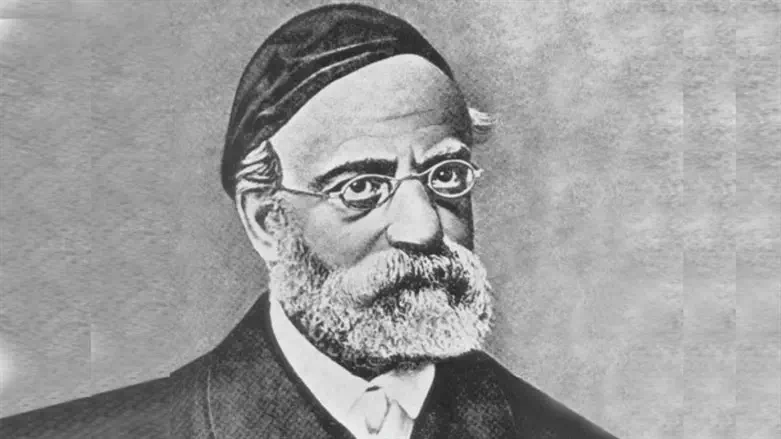
“Luchos avanim” – the “stone tablets.” Why does the Torah repeatedly mention the substance of the tablets on which the Ten Commandments were engraved? The Torah doesn’t waste words. So why constantly modify “luchos”with “avanim”?
Rav Samson Raphael Hirsch answers: To stress that the “words of the Law are graven in stone; they are unalterable, absolute.” We can disobey them (at our own peril) but never change them.
The sin of the Golden Calf shattered the tablets, but the new ones we received in their place contained the very same “words that were on the first tablets” (Deuteronomy 10:2). For “G-d does not alter His Law to accommodate the lapses of man.”
In ordinary societies, laws that prove difficult to follow are amended. America’s Constitutional ban on selling alcohol, for example, was repealed just 14 years after it was adopted. Torah society operates differently. When we fail to live up to the Torah’s demands, the Torah isn’t reformed. We endeavor to reform ourselves. In Rav Hirsch’s words:
“Not reform of the Torah, our reform to the Torah remains for all times the one task. G-d will only write on the new tablets exactly what was on the old ones. The Torah is something fixed and unalterable, something given and fixed by G-d, and waits over succeeding generations for descendants who will be faithful to their duty.”
Rav Samson Raphael Hirsch (1808-1888) – head of the Jewish community in Frankfurt, Germany for over 35 years – was a prolific writer whose ideas, passion, and brilliance helped save German Jewry from the onslaught of modernity.
Elliot Resnick, PhD, is the host of “The Elliot Resnick Show” and the editor of an upcoming work on etymological explanations in Rav Samson Raphael Hirsch’s commentary on Chumash.